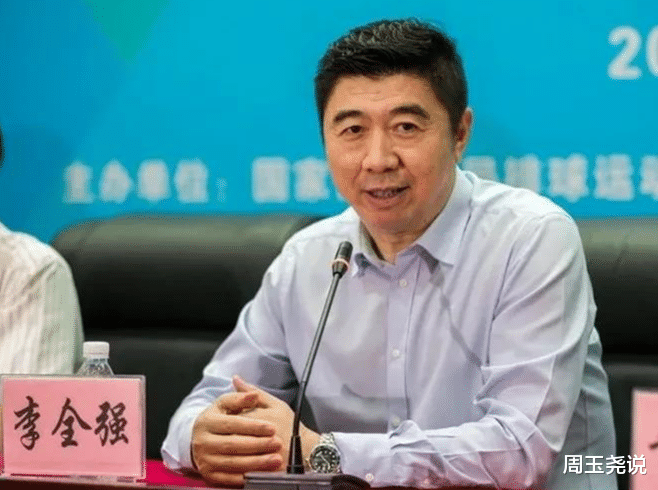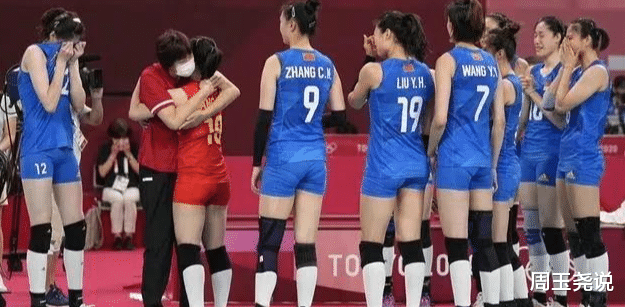On January 10th, at 4 PM in 2025, the Chinese volleyball world was shaken once again as Li Quanqiang, the former director of the Volleyball Management Center under the General Administration of Sport, was investigated for serious violations of discipline and law. As a key figure in the Volleyball Management Center, Li Quanqiang not only led the professionalization reform of the volleyball league but also traveled to the United States in 2017 to promote Lang Ping's return to lead the Chinese women's volleyball team. However, these promises and plans now seem more ironic after Li Quanqiang's downfall. The reform has failed to achieve significant results, and the volleyball industry has not only failed to maintain its glory but has instead fallen into a trough.

In February 2017, Li Quanqiang officially took office, replacing his predecessor. At that time, the Chinese women's volleyball team had just won the championship at the Rio Olympics and was highly regarded nationwide. In this context, Li Quanqiang was tasked with continuing the glory of the Chinese women's volleyball team. Faced with concerns about Lang Ping's health and doubts about the future of the women's volleyball team, Li Quanqiang repeatedly expressed confidence in Lang Ping's reappointment as head coach of the Chinese women's volleyball team after taking office.

Subsequently, Lang Ping did return to the national team and led the Chinese women's volleyball team through a new round of Olympic preparations. Although China won the 2019 Women's Volleyball World Cup with an undefeated record of eleven consecutive victories, the failure at the Tokyo Olympics brought this cycle of efforts to an abrupt end and also prompted external reflection on the problems within the volleyball management.

During Li Quanqiang's tenure, he openly wore a watch worth hundreds of thousands of yuan at meetings and proposed the "professionalization reform of volleyball" as a major issue, making it one of the core tasks of the Volleyball Management Center. For this purpose, he put forward a series of measures, including expanding the number of participating teams, eliminating promotion and relegation, and increasing marketing and promotion efforts.

However, despite the loud calls for reform, the actual results have not met expectations. Many clubs still rely on support from local sports bureaus, and market promotion and the introduction of sponsors are struggling.
During Li Quanqiang's tenure, Lai Yawen was promoted to deputy director of the Volleyball Management Center. As Lang Ping's capable assistant, Lai Yawen's promotion was then seen as an important measure to enhance the stability of Lang Ping's coaching. However, with Lang Ping stepping down as head coach and Cai Bin taking over, the performance of the Chinese women's volleyball team has not shown significant improvement, and Lai Yawen's presence in volleyball affairs has gradually diminished.
Li Quanqiang's downfall once again warns that Chinese volleyball must undergo thorough rectification and rebuild a fair, transparent, and efficient management system. Professionalization reforms not only need slogans but also require concrete institutional safeguards and market-oriented operations. Only by eliminating corruption and truly promoting reforms can Chinese volleyball emerge from the trough and welcome new development opportunities.
Although past glories have become history, as long as lessons are learned, fans still have reason to expect the future Chinese women's volleyball team to return to the peak, and the men's team to rise again, bringing glory to Chinese sports.